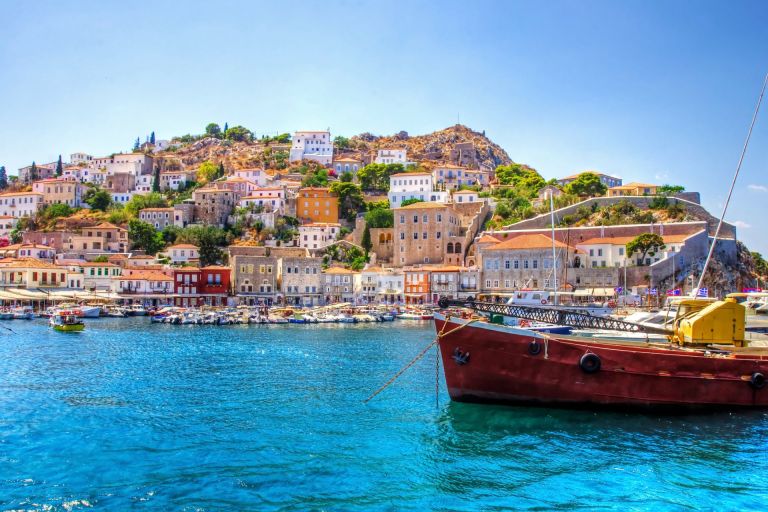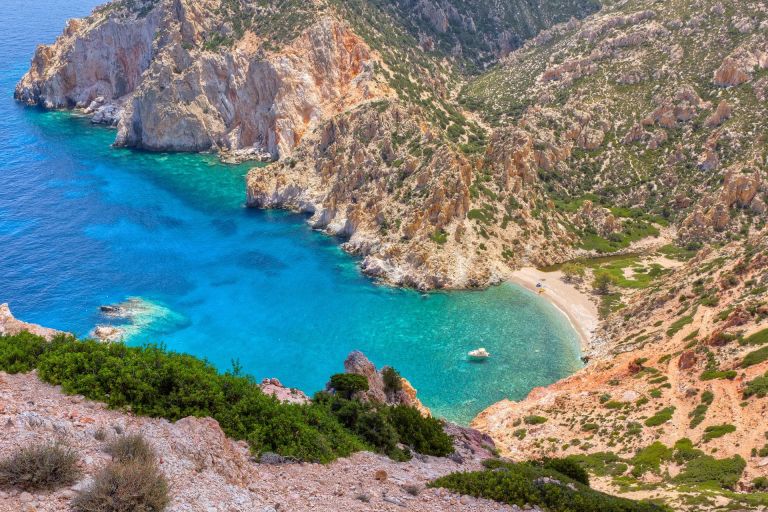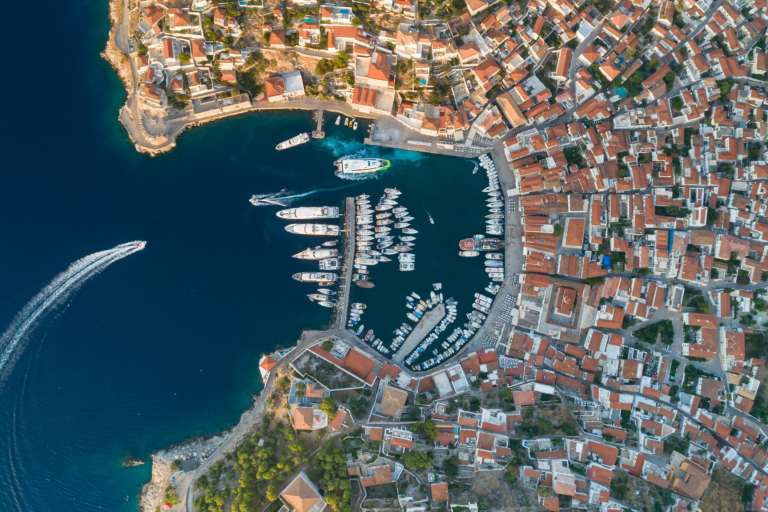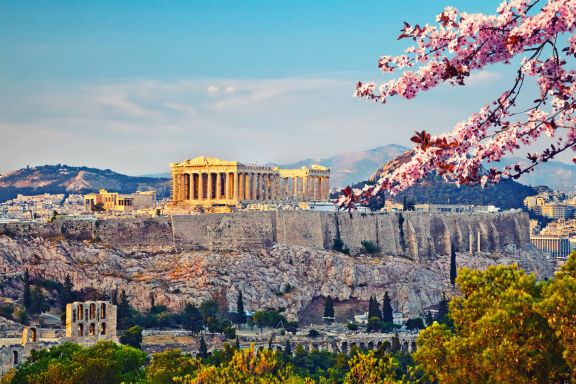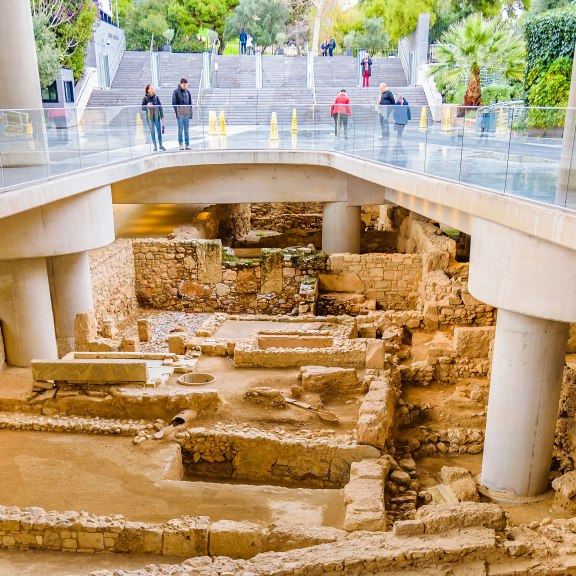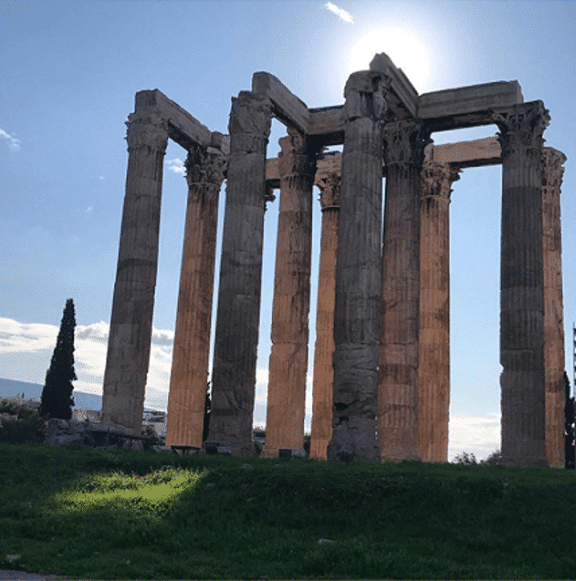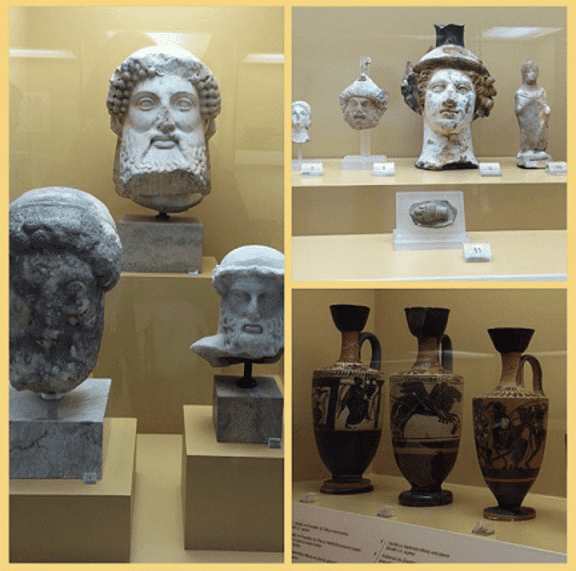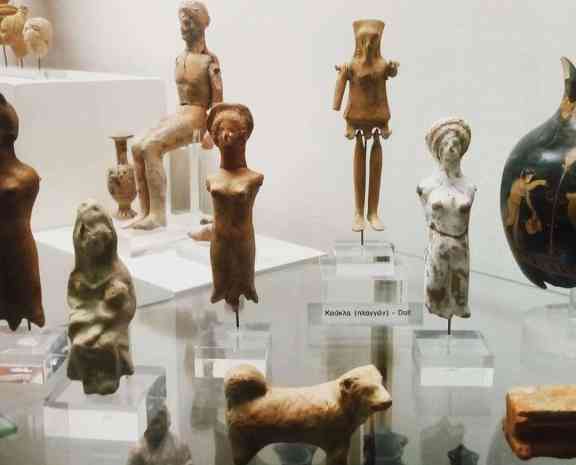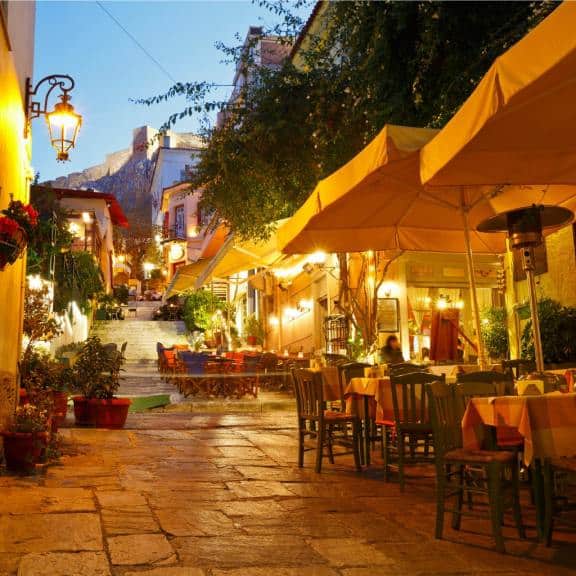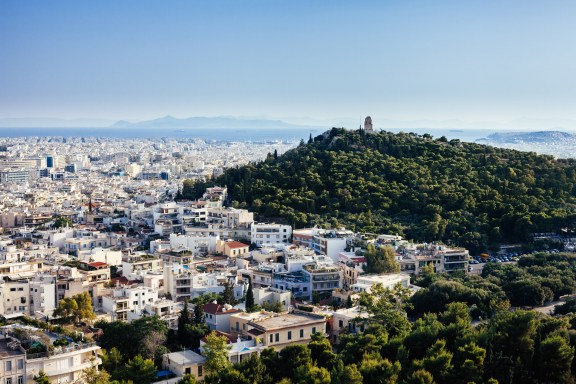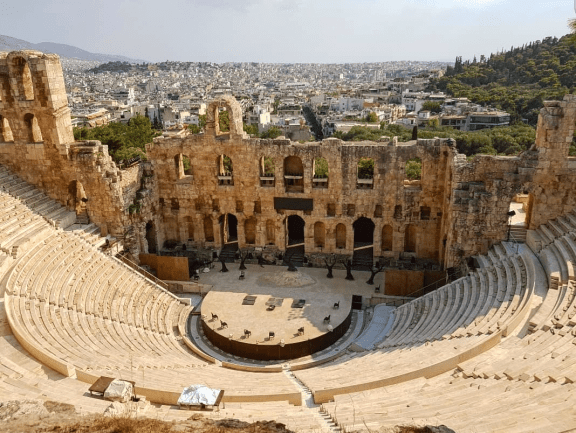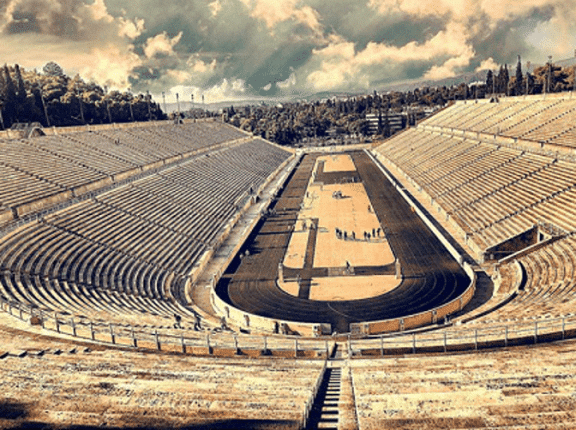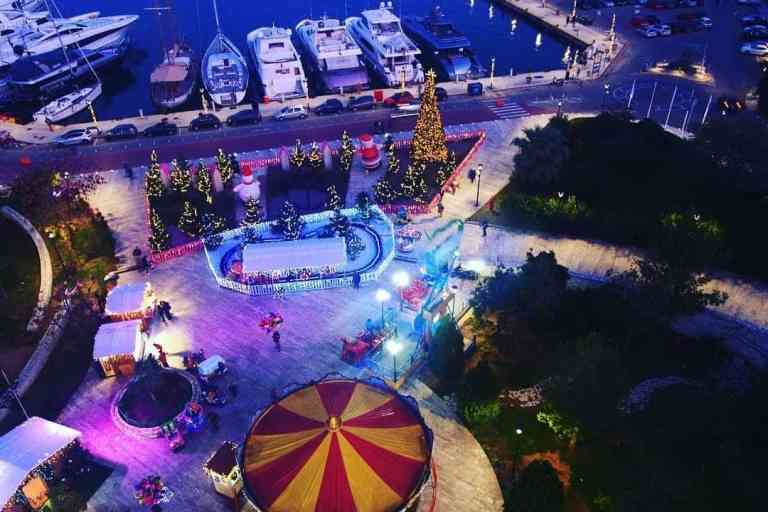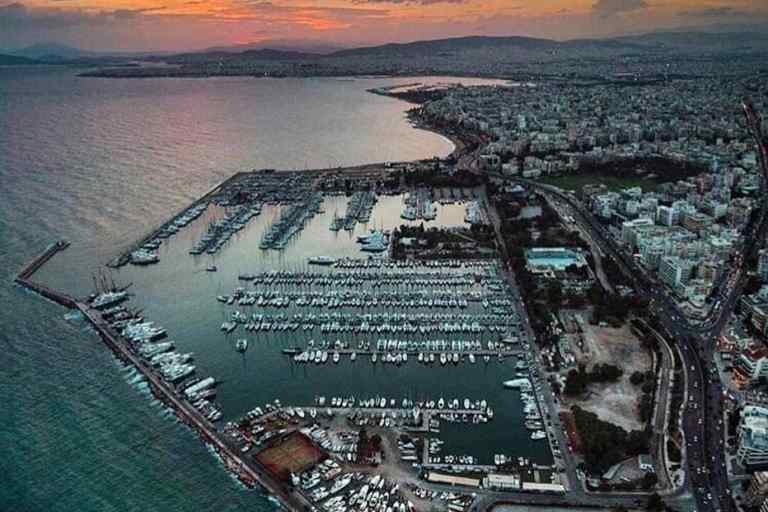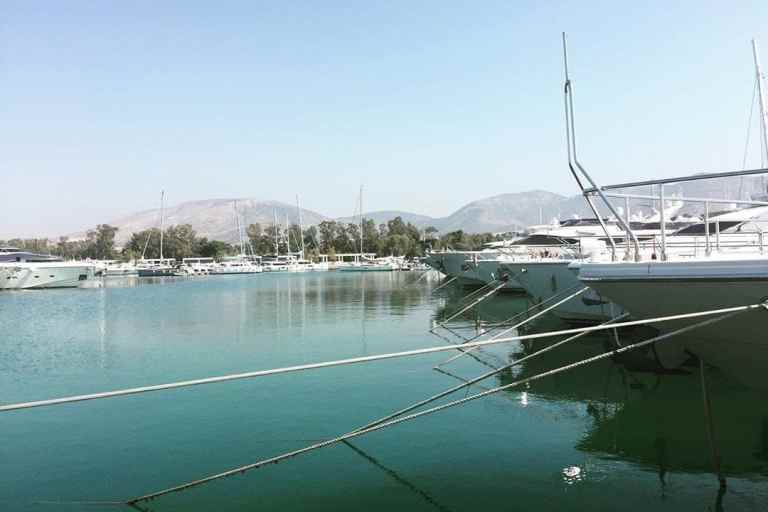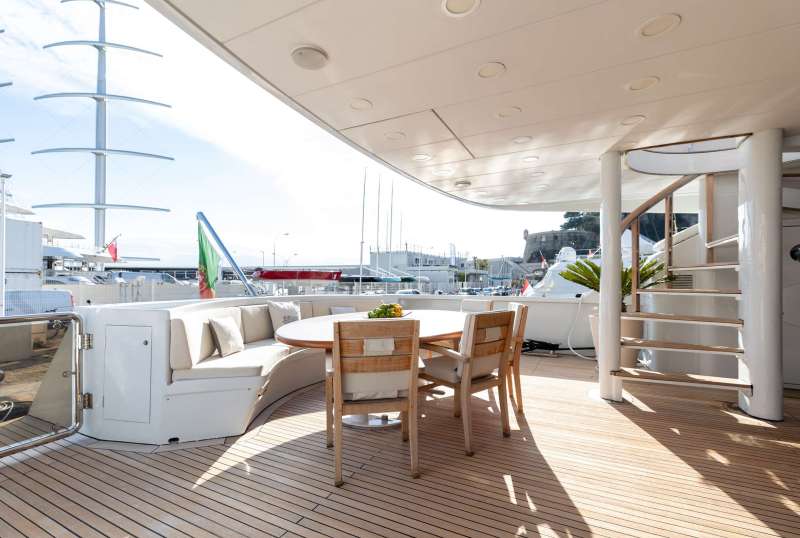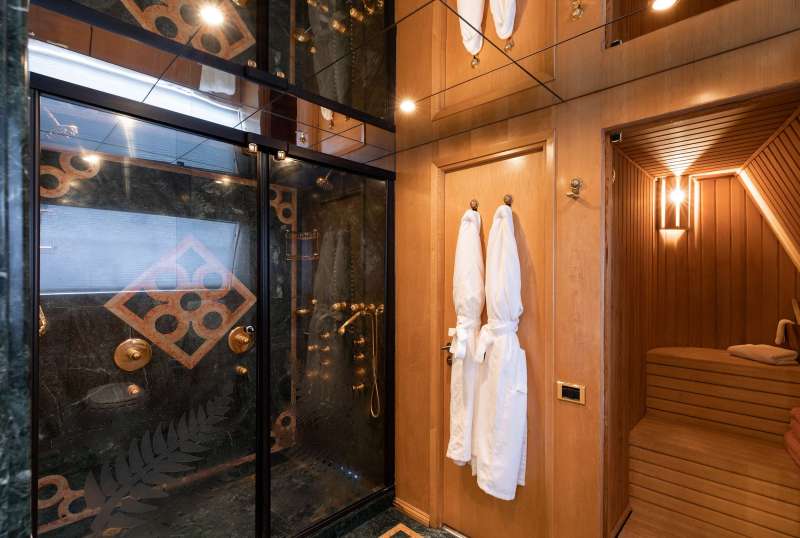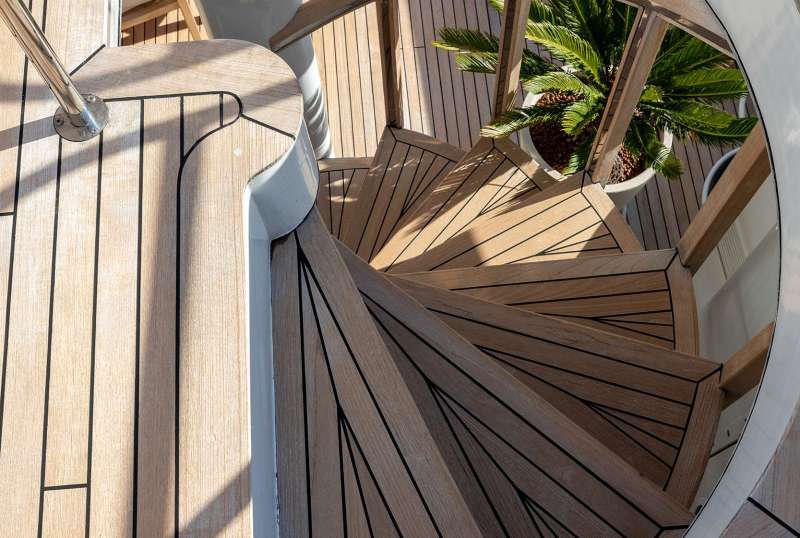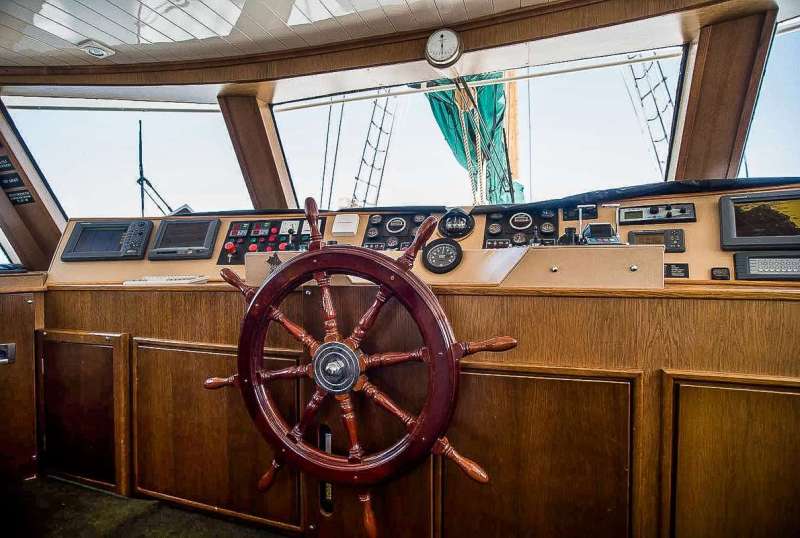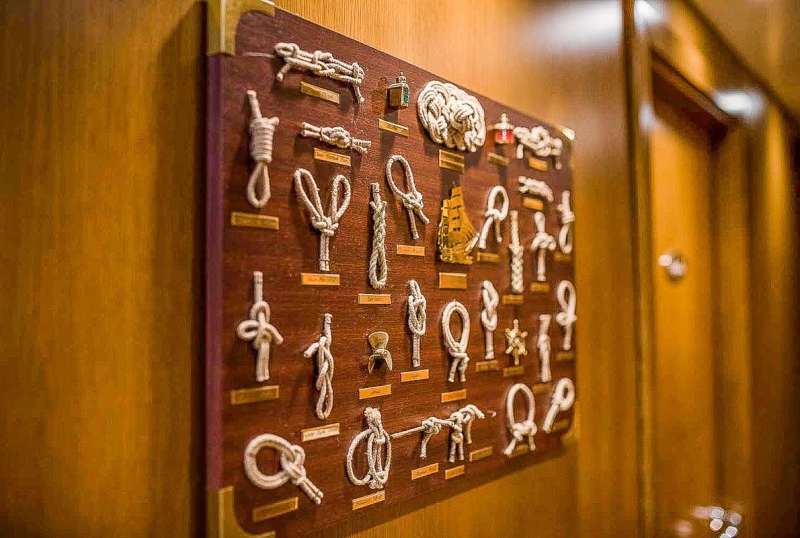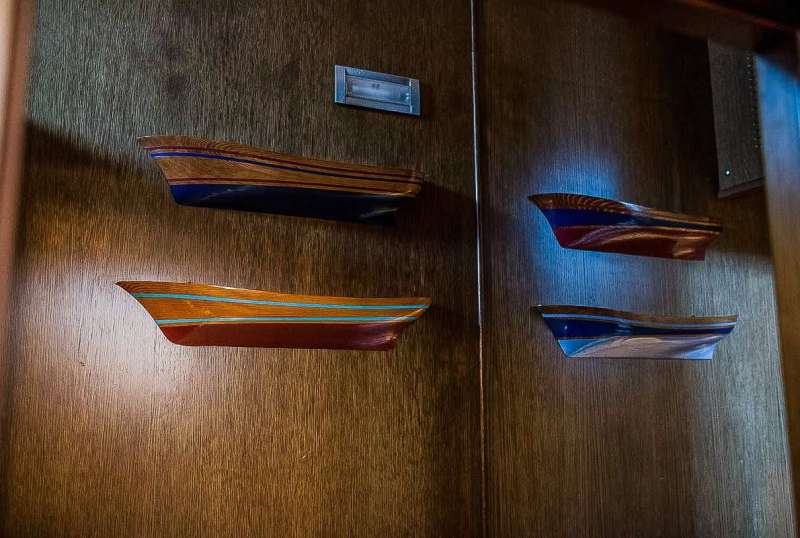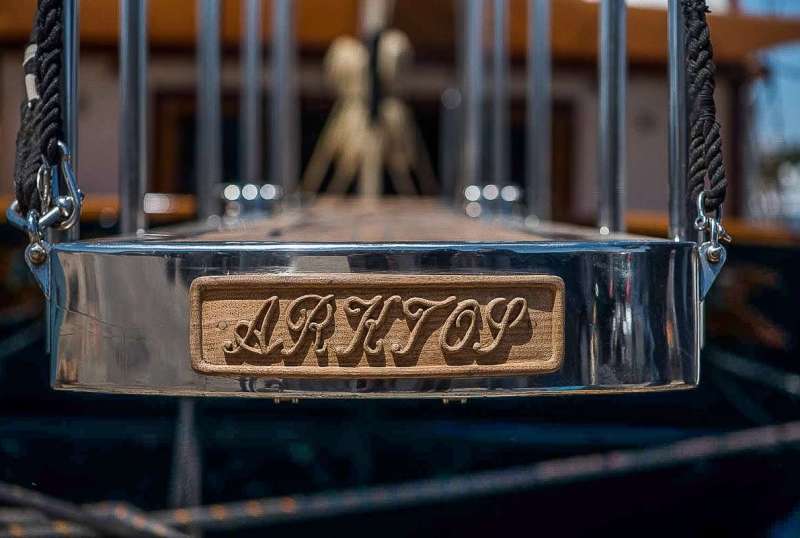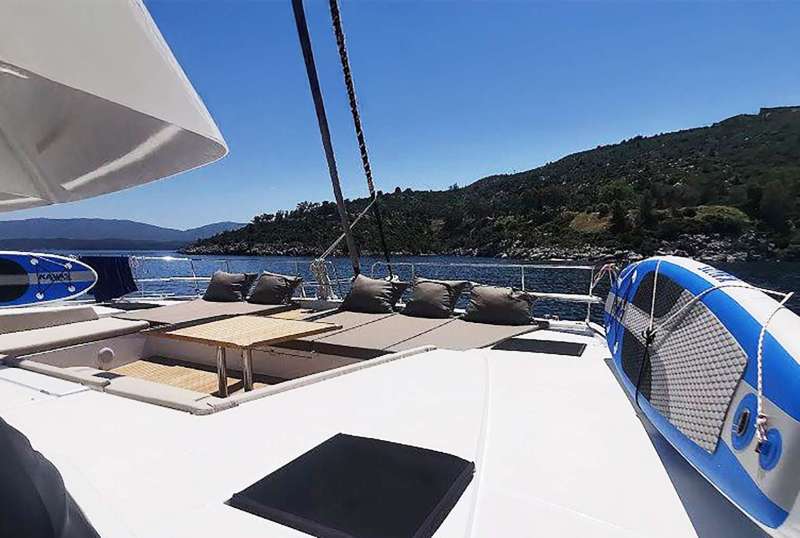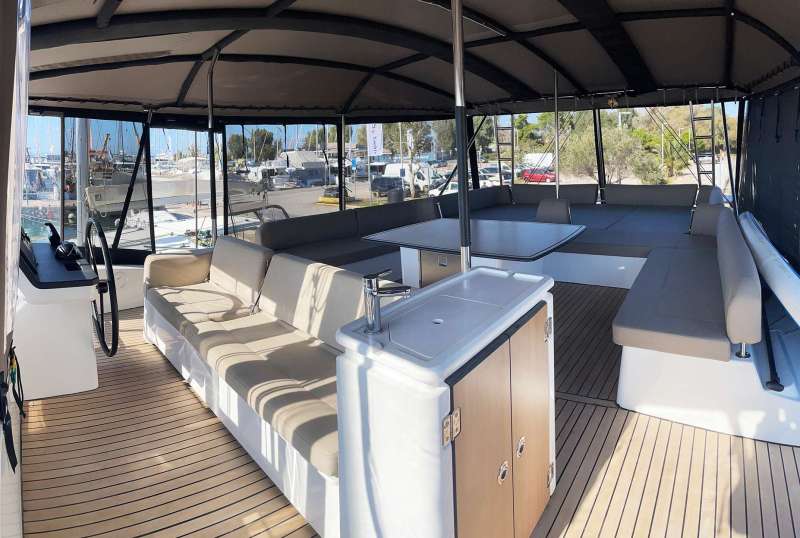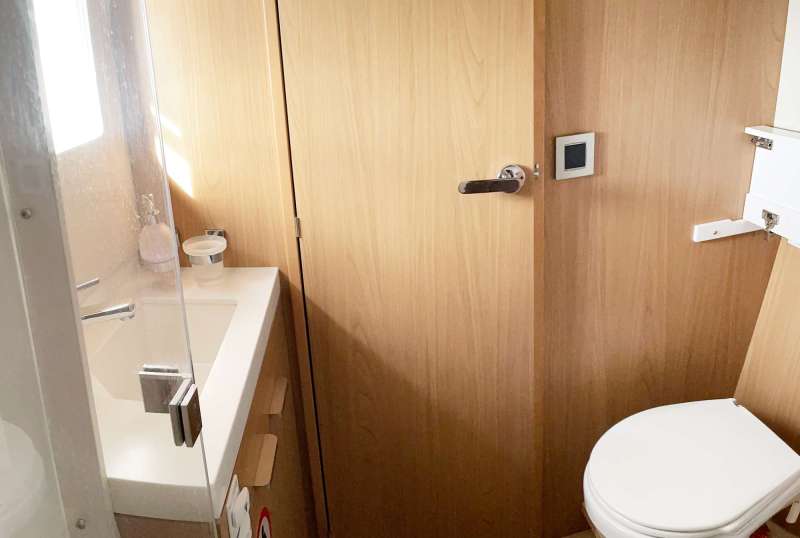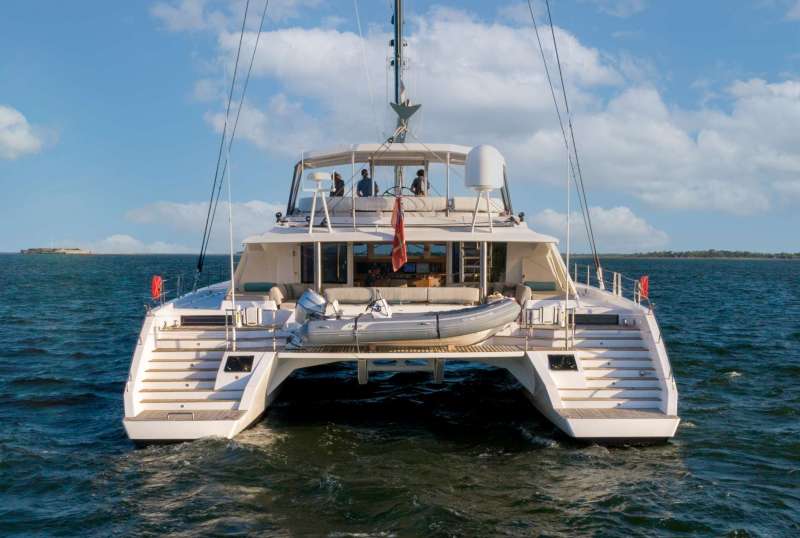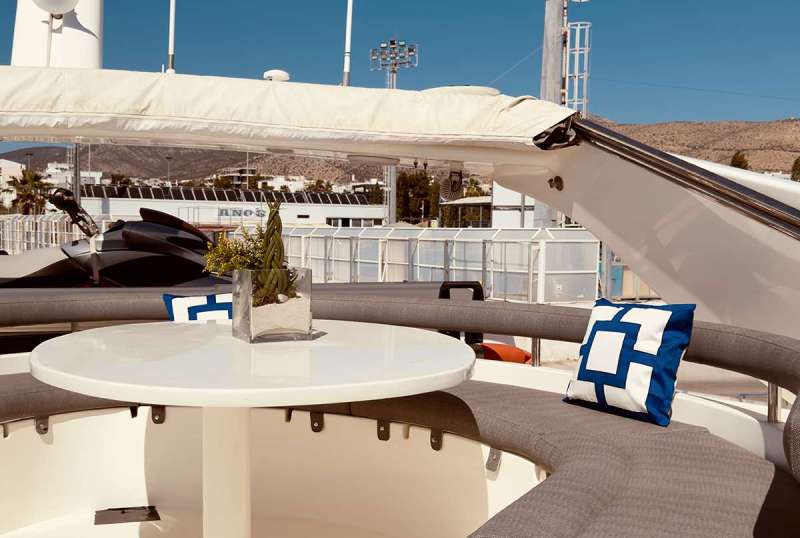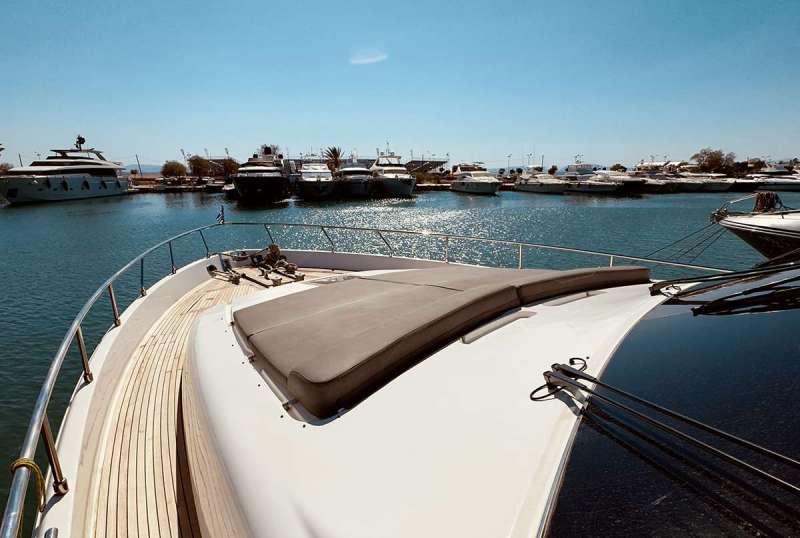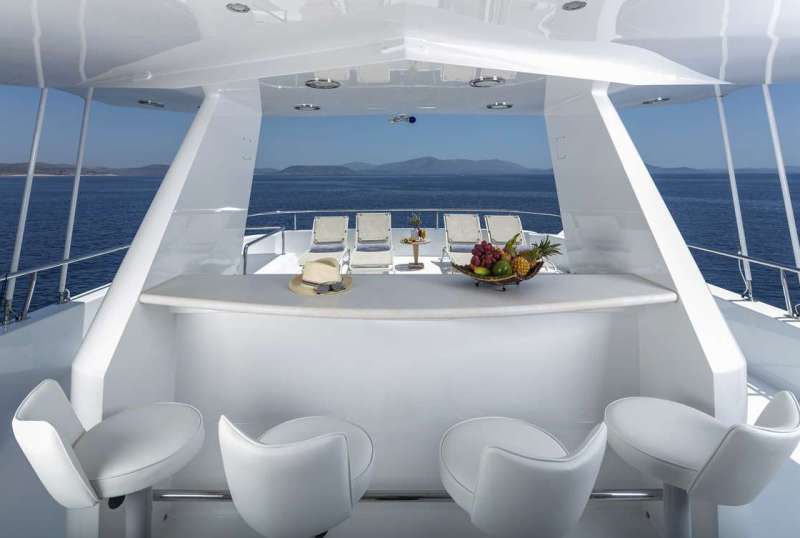Athens Yacht Charter – All You Need to Know
Athens, the Capital of Greece, is the gateway to the Greek islands — and the only city in the Med where you can pair a world-class cultural break with a same-day departure to island cruising. You get 3,000 years of history (Acropolis mornings, museum afternoons), a serious food scene, and then you’re onboard — with the Saronic Gulf and the Cyclades sitting right on the doorstep.
Athens is Greece’s main charter hub: the fleet here is the biggest in the country, from crewed catamarans to large motor yachts and superyachts, which means better choice, better availability, and easier matching to your brief.
Logistically, Athens is simple. You fly into ATH with extensive European connectivity and seasonal nonstop service from multiple US cities, then you’re 30–60 minutes from the main marinas, depending on where you start.
We generally recommend arriving a day or two early — not because you “need” to, but because it lets you reset your body clock, enjoy Athens properly, and start the charter calm and organized.


Where you’ll start: Athens marinas
Alimos Marina (Kalamaki) is the main charter workhorse — the biggest base, the widest choice, and where many crewed catamarans and sailing yachts begin. It’s close to the city and a straightforward transfer from ATH; practical, busy, and designed for high charter turnover. (Alimos is the largest marina in Greece and has around 1,100 permanent berths; max depth ~6.5m.)
Flisvos Marina is the polished, premium option on the Athens Riviera — excellent services and a reputation for handling luxury yachts and megayachts. If your charter is higher-end (or you want the nicest “start line” experience), this is often where we aim.
Marina Zea (Piraeus) is a top choice for larger yachts and guests who want to be close to central Athens/Piraeus — strong facilities and known for megayacht capability (up to ~150m).
Lavrio is the smart “get sailing faster” alternative — closer to the Cyclades side of Attica and typically around 30–40 minutes from Athens International Airport. If your priority is to be underway quickly and point the bow toward Kea/Kythnos early, we often recommend Lavrio.
Astir Marina (Vouliagmeni) is the ultra-exclusive, high-privacy Athens Riviera option — boutique, discreet, and surrounded by top-tier hospitality. It’s not the main charter base, but it matters for superyacht clients and VIP arrivals.
Where do you go from Athens?
From Athens you have three real routes, and we’ll steer you based on your dates, pace, and yacht type.
The Saronic Gulf is the easiest win — short passages, sheltered cruising, and a lot of variety in a week. It’s ideal for crewed catamarans, first-time Greece clients, families, and anyone who wants maximum swim time with minimal travel days.
The Cyclades are iconic — but distance and wind matter. Mykonos is roughly ~85–90nm from Athens and Santorini around ~130–140nm, so a “Santorini + Mykonos in one week from Athens” plan needs realistic expectations (and usually either a faster yacht or a very itinerary-driven week). For Cyclades ambitions, we often recommend a motor yacht for the speed and flexibility; with a catamaran, we typically guide clients toward the Saronic or the nearer/northern Cyclades.
The Ionian Islands – The third option, and one of our favourites when time allows, is transiting the Corinth Canal and finishing in the Ionian. The canal is a dramatic, vertical-walled cut through rock (about 6.3km long and famously narrow — ~21m wide at the bottom), and it turns your charter into a true “two-seas” passage. It’s a longer routing, but a standout experience for clients who want something beyond the standard loop.
How far can you realistically go in a week from Athens?
From Athens, a 7-day charter is all about choosing the right radius. We steer most clients to the Saronic Gulf when they want short passages and maximum swim/shore time—easy to deliver a “holiday-first” itinerary without long transit days.
The Cyclades are absolutely doable, but distances add up fast: Mykonos is roughly ~90nm from Athens, and Santorini is roughly ~130nm, so hitting the far south Cyclades in a single week is either itinerary-driven or better suited to a faster yacht.
Read our full guide on how far you can go on a Cyclades yacht charter
Yacht Charter Itineraries from Athens
Below are our recommended yacht charter itineraries from Athens. We’ve designed them around real distances and the way Greece actually cruises—so you get the best anchorages, minimal transit time, and a week that feels effortless.
7-Day Saronic Yacht Charter Itinerary: Athens, Hydra, Spetses & Epidaurus
Read MoreClassy 8-Day Cyclades Yacht Charter Itinerary: Unspoiled Islands
Read MoreTop 7 Day Cyclades Greece Yacht Charter Itinerary: Athens-Kea-Syros-Mykonos-Naxos-Santorini-Sifnos-Kythnos
Read MorePopular 7-Day Saronic Islands Yacht Charter Itinerary: Athens to Spetses
Read MoreStart planning your dream Greek Yacht Charter Vacation
Our brokers know the Athens fleet and the islands firsthand. Share your preferences, and we’ll come back with vetted options and clear guidance.
Athens before/after charter
We recommend building in at least one Athens night pre-charter (two if you’re flying long-haul). It makes provisioning, boarding, and guest arrivals smoother — and it gives you time to do the essentials properly: Acropolis/Plaka, a museum slot, and one great dinner. (This is where your “best hotels” and “best restaurants” links plug in perfectly.)
Athens Cultural & Historical Highlights
The Acropolis
This isn’t a single monument — it’s a fortified sacred hill and a full architectural statement. We recommend going early or late for comfort and light, and taking a minute on the slopes to orient yourself before you climb. The Parthenon is the headline, but the experience is the sequence: entering through the Propylaea, seeing the Temple of Athena Nike perched above the drop, and ending at the Erechtheion with its Caryatids and the myths that shaped Athenian identity.
Acropolis Museum
Do this right after the Acropolis. It’s the best “translation layer” in Athens — you’ve walked the original site, now you understand what you saw through sculpture, fragments, and context that clicks fast even for non-museum guests. It’s also one of our go-to moves in summer as a high-value break from the heat without losing the day’s momentum.
Temple of Olympian Zeus & Hadrian’s Arch
A quick stop with huge payoff. The scale is the message — Athens as a Roman-era statement city as well as a classical one. It’s easy to pair with a central walking day and delivers that instant “this is ancient” impact without the time commitment of a longer archaeological site.
Ancient Agora & Temple of Hephaestus
If you want Athens to feel real, this is the site. The Agora was the civic engine room of the city — politics, philosophy, public life — and it’s one of the most readable ruins because the layout still makes sense as you walk it. The Temple of Hephaestus is a standout: one of the best-preserved major Greek temples anywhere, and the rare moment where a temple reads as a building, not just surviving columns. The Stoa of Attalos helps you picture how the Agora functioned as an enclosed public space.
National Archaeological Museum
This is the heavyweight. If someone in your group wants a deeper museum day, this is where Athens turns into a lens on all of Greece — Bronze Age treasures, iconic statues, and galleries that reward even a short, well-paced visit. We often recommend it when you’ve already done the Acropolis and want one “serious” museum that genuinely earns the time.
Plaka & Anafiotika
For texture and atmosphere, we always send clients here. Plaka is old Athens — lanes, shops, cafés — but Anafiotika is the secret mood: a tiny Cycladic-style pocket tucked under the Acropolis, whitewashed and unexpectedly quiet. It’s also the perfect bridge to your charter: you feel the islands before you leave the city.
Lycabettus Hill
The best panoramic reset. We like it at golden hour before dinner — a simple, high-reward viewpoint that gives you the full Athens basin, the Acropolis silhouette, and a sense of how the city sits between mountains and sea.
Odeon of Herodes Atticus & Theatre of Dionysus
If you can catch a performance at the Odeon, do it — it’s one of those only-in-Athens nights where the ancient setting is the whole atmosphere. The Theatre of Dionysus on the Acropolis slopes is the historical counterpoint: the birthplace story of classical drama in the place it actually happened.
Panathenaic Stadium
The stadium is a modern reconstruction of an ancient stadium that was constructed for the Panathenaic Games in 330BC. This modern stadium was constructed for the 1896 Olympics, and it features a U-shape layout. It was also used during the 2004 Athens Olympics for archery events and the finish line for the men’s and women’s marathon. It is a great destination to go for sports lovers and other kinds of travelers. The stadium can hold 45000 spectators, and its highlight is the highest tiers where you will enjoy the views of the Acropolis and National Garden.
History of Athens
According to Mythology, Athens was named after the goddess Athena had a competition with Poseidon on who will be the protector of the city. From the myth, Poseidon gifted the town a spring with seawater while Athena offered an olive tree. The people then accepted Athena as their protector, and the city was named after her. This shows the strength of Athens as a city of wisdom and also a sea power.
The first settlers in the city came from numerous ethnic groups that were organized in several kingdoms, and they settled close to the crag. According to mythology, Cecrops (half man and half serpent) founded the city and was the first king. During the 10th century BC, the settlers formed 12 cities, and Athens was dominant. The mythical king Theseus also unifies the cities in Attica under Athens after he subdued the town of Eleusis. After the cities were unified, Athens held the Panathenaic Games to honor Athena.
When the king ruled the city, the monarch directed the political and military affairs of the city while being assisted by the Areopagus, the king’s court. The city later evolved from monarchy rule to aristocracy, which then turned to Athenian democracy.
The anchorages on Athens:


